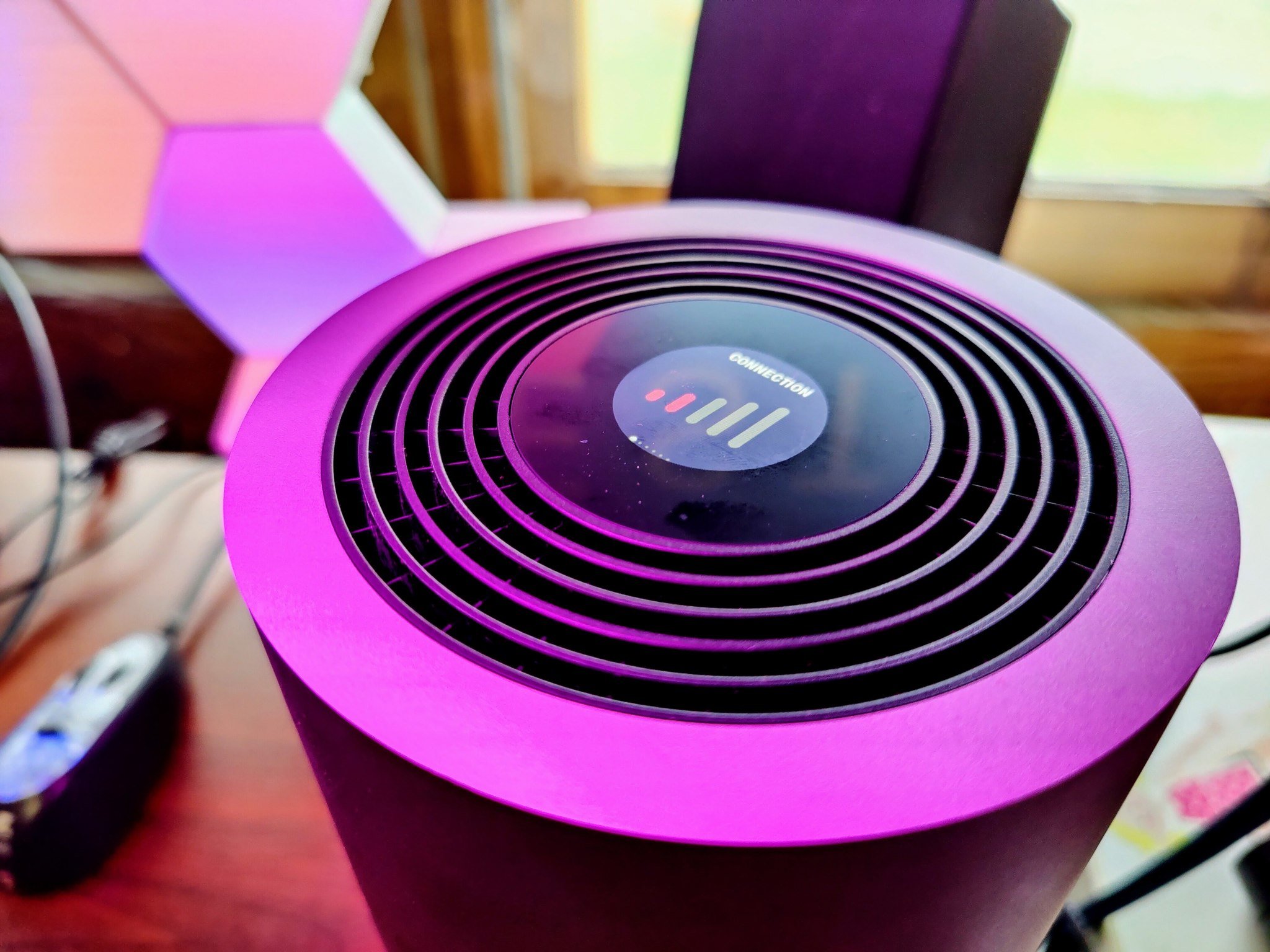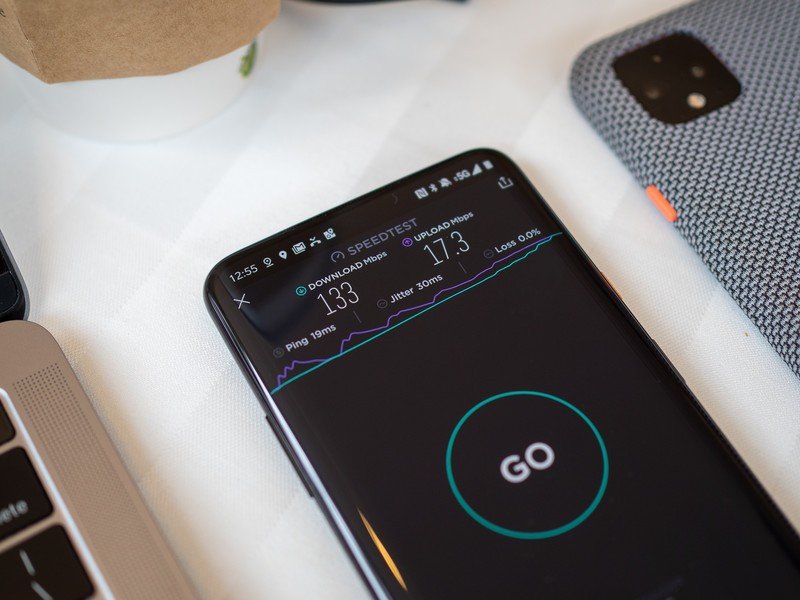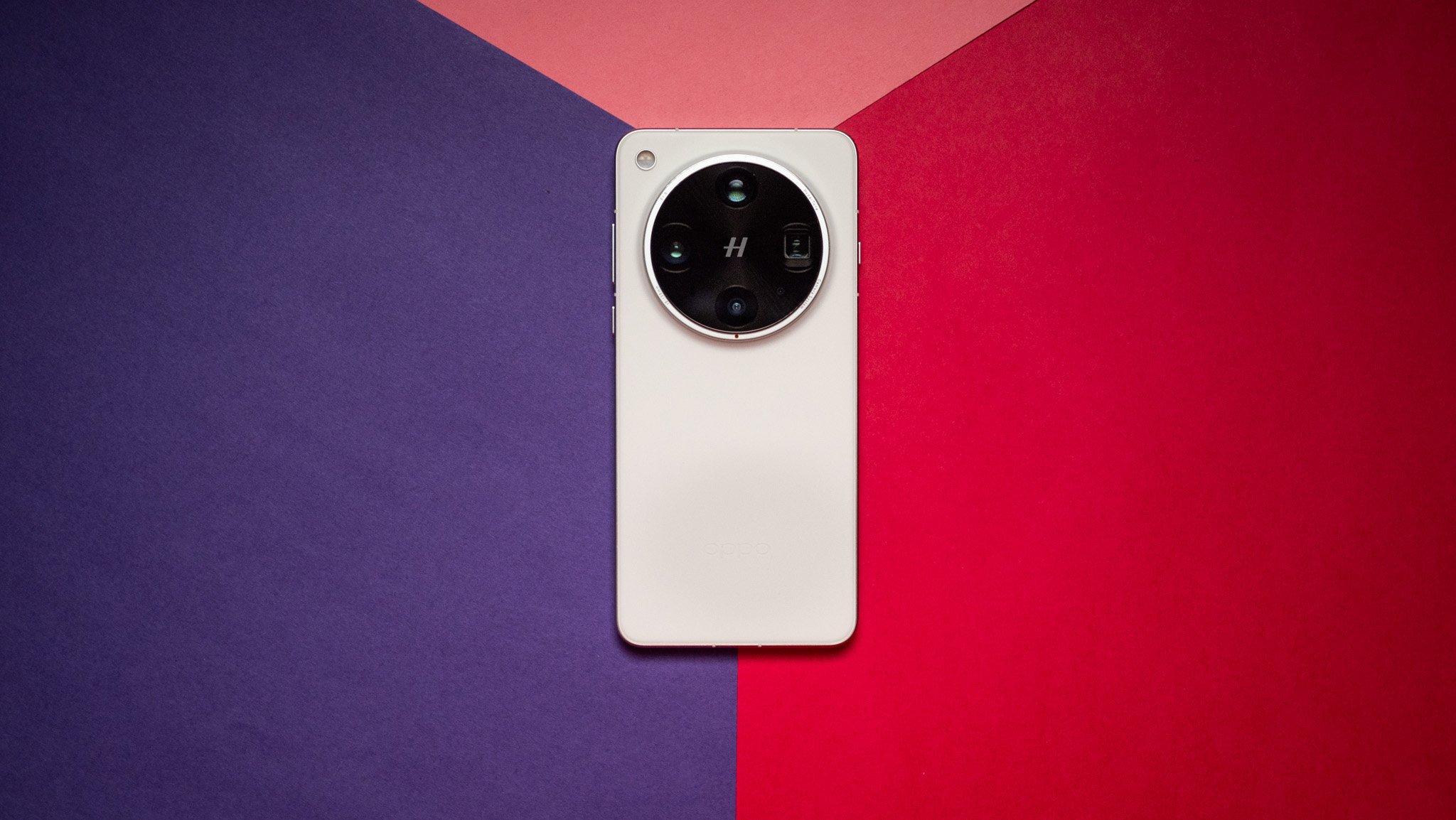Is 5G better than cable for home internet?

Best answer: No. Unless you have access to mmWave 5G, cable internet will be faster. For some rural customers, though, 5G may be the best option.
Do you have mmWave coverage?
For most of us, 5G is not better than cable for home internet, but it's a great second option for a select few. If you've moved to a new home, you likely only have one option for wired high-speed internet, and that's cable. A good cable modem paired with a great Wi-FI 6 router can deliver very fast download speeds with good ping times, but it's far from perfect. Still, a 5G connection with a good signal can deliver comparable download speeds with improved upload speeds as long as you've got coverage.
Cable requires a coaxial cable to be run from your house or apartment to a utility pole or distribution box. While these cables are fairly robust, every connection is a potential point of failure, and if something goes wrong, it can be hard to get it fixed. 5G removes that point of failure, and your modem only needs to connect to the tower. If something goes wrong with the connection, the ISP can sort it out at the source rather than checking dozens of connection points for hours.
One place where cable has a serious advantage is speed. If you've been following 5G deployment news, you may have seen carriers like Verizon touting amazing download speeds well over 1Gbps, but these results are the best-case scenario. While a great mmWave connection can deliver these speeds, most of us won't get that level of coverage in our homes. Even Verizon, with its Ultra-Wideband (UWB) mmWave 5G network, tells customers only to expect speeds from 300Mbps to 1Gbps.
When it comes to pure speed, cable will be able to deliver a more consistent connection. Still, most of us can get by just fine on the lower-end 300Mbps of Verizon 5G or the 100Mbps on T-Mobile 5G. These 5G connections also have better upload speeds which is important for content creators that need large uploads to finish on time.

5G does have a serious advantage when it comes to both upload speeds and data caps. Neither T-Mobile nor Verizon have data caps on home internet service. With many cable companies like Cox and Comcast enforcing data caps, there isn't a ton of competition for unlimited. While it's true that most customers, especially those with cable TV, won't use more than their data cap, cord-cutters and gamers can get close.
Be an expert in 5 minutes
Get the latest news from Android Central, your trusted companion in the world of Android
With one PS5 game like Returnal consuming more than 50GB of data, data caps are much more of an issue than ever before for gamers, especially if they download multiple games in a month or have multiple consoles in the house. This is also a big deal for game streamers that often need to keep up hours of HD streaming several nights per week.
5G speed is all about coverage
Your mileage will vary when it comes to 5G internet. Verizon's mmWave Ultra Wideband 5G Home internet can be high-speed, but if there's enough in the way, the speeds can fall quickly. This is a much bigger deal for Verizon's UWB since mmWave is much more susceptible to interference than C-Band or sub-6 5G. Verizon UWB 5G Home internet now has coverage in 33 cities. If you can get a good enough signal, UWB is extremely fast.
What's not so fast is T-Mobile. While it's far from dial-up, T-Mobile's 5G network is built on a combination of low and mid-band spectrum and isn't anywhere near as fast as mmWave. As we found in our T-Mobile Home Internet review, it can be a great resource for someone with no other options, but it's far from perfect. For others, installing a cable drop can be a huge expense costing several thousand dollars, while T-Mobile only needs a signal.
5G as a fixed home internet solution has its issues, but it can be the perfect fit for the right people though only time will tell if it's a better solution than something like Starlink. It's also great to see some competition in a market that has been dominated and abused by cable and phone providers offering internet service as a side product for decades.
When Samuel is not writing about networking or 5G at Android Central, he spends most of his time researching computer components and obsessing over what CPU goes into the ultimate Windows 98 computer. It's the Pentium 3.


